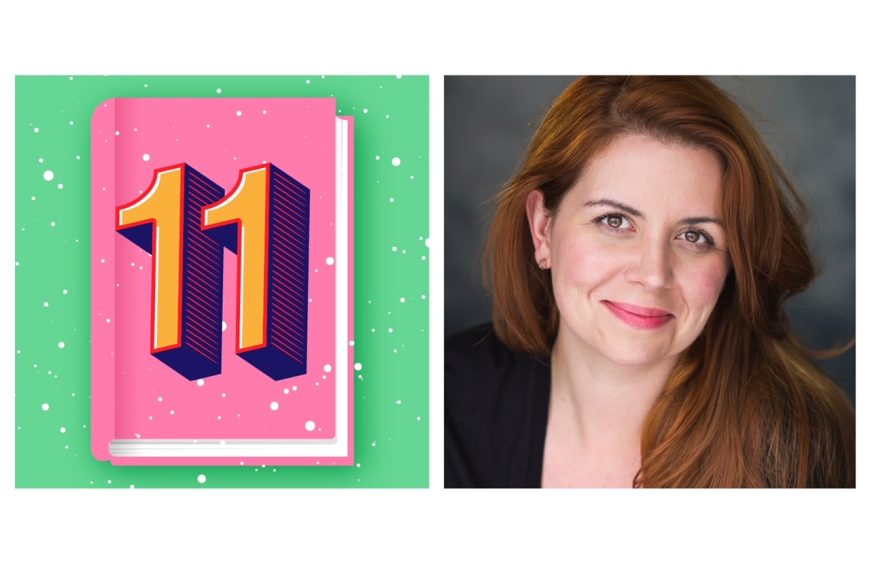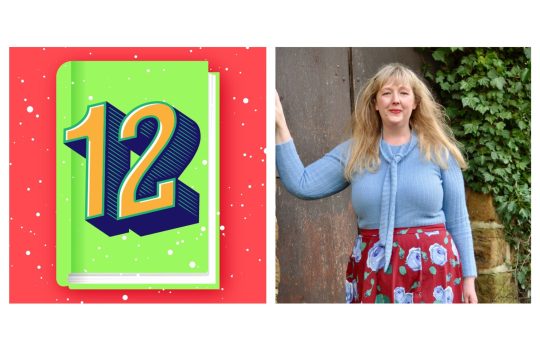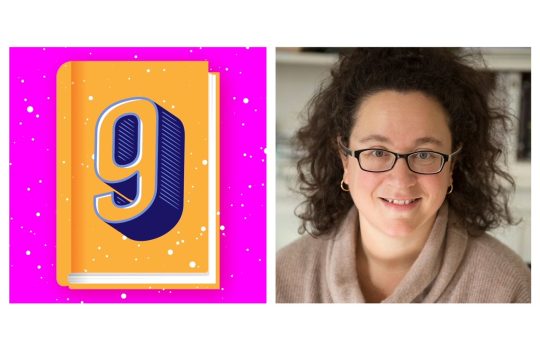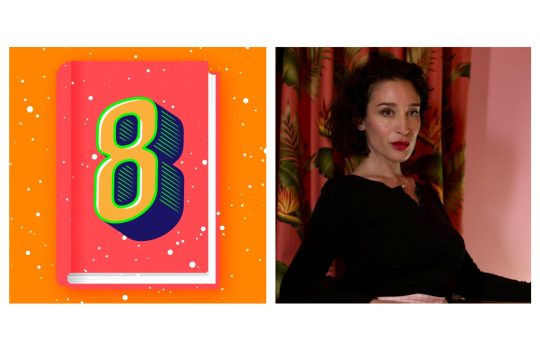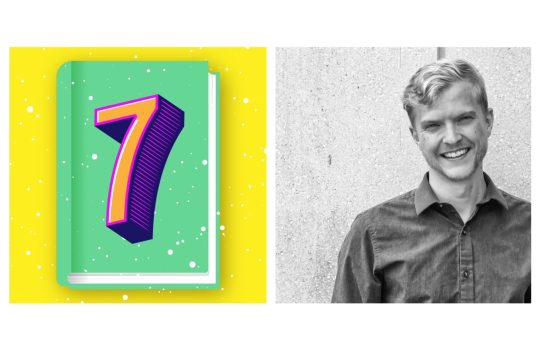Day Eleven, so nearly there, and then I shall put my feet up and get on with my own writing for the year. I am sure it will be all the better for having read the advice we have received over the last ten days, and still we have two authors to go. So, let’s meet our penultimate author…

Kate Sawyer’s debut novel The Stranding was the winner of the fiction prize at the East Anglian Book Awards 2021 and was been shortlisted for the Costa First Novel Award. Her second novel, This Family, will be published in May. Here is her best advice to a budding writer…
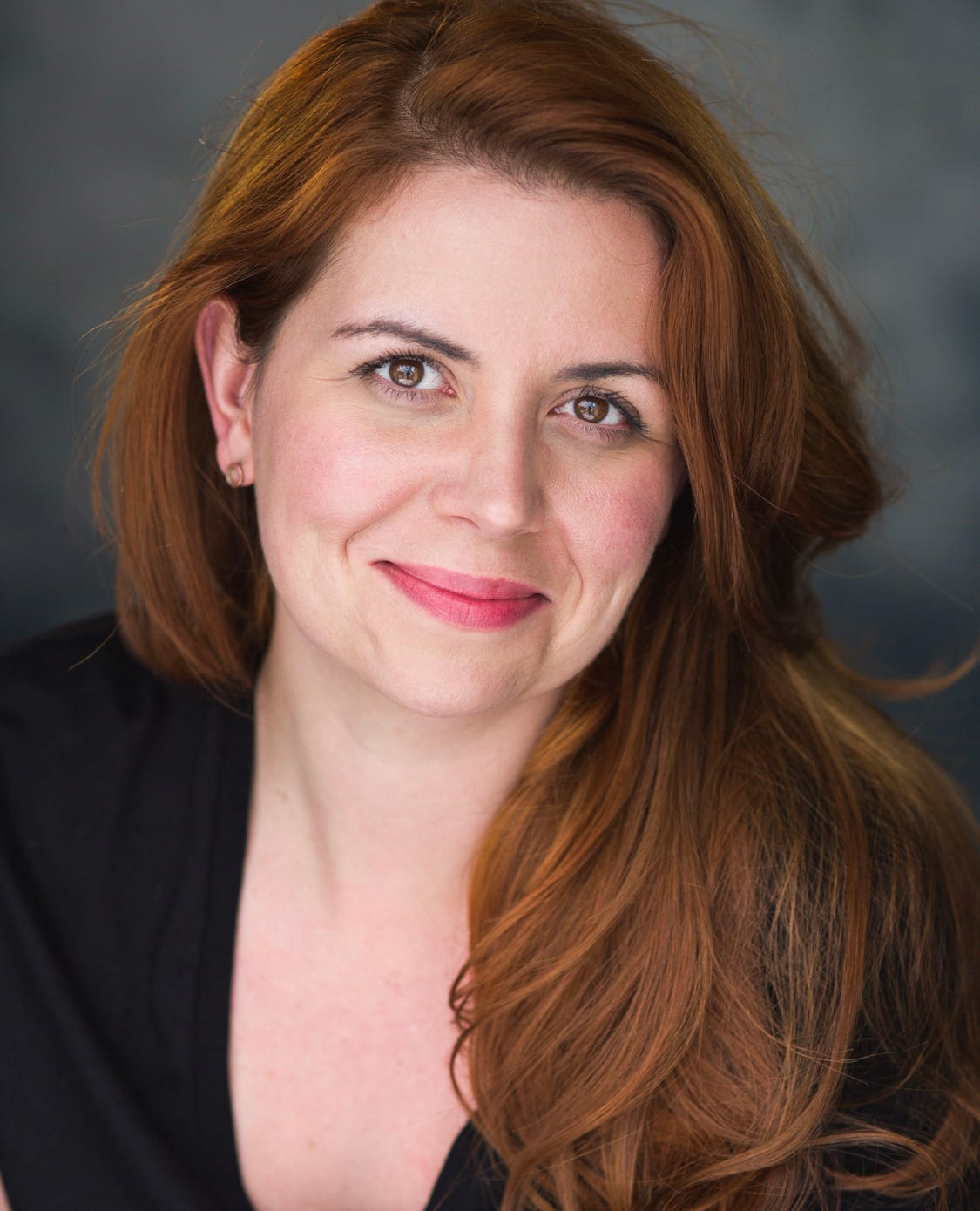
“I’m very mindful of advice, or ‘rules’ about writing. Possibly because I’ve never followed any. In fact, it wasn’t until I started to engage more in social media or ‘book twitter’- in the run up to the publication of my debut novel, The Stranding – that I became aware that any rules existed, or that advice from writers to other writers was in such plentiful supply.
And so it is with caution that I share my writing advice. Particularly as before 00.01 on 24th June 2021, when The Stranding came out in hardback and I officially became a published author, despite a lifetime of writing, calling myself a writer felt like an overstatement and a bit up myself. Which leads me onto my first bit of advice:
Ditch the imposter syndrome
If you write and want to call yourself a writer, do it. Or, you know, don’t. Life’s too short. You don’t need to have been published to be a writer. You don’t need to be ‘professional’ to practice any art form. And anyway, what other people think of you is none of your business. Tying yourself up in anxiety about labels or what other people might think of those labels is a waste of energy that is much better spent in any of the bits of advice below.
Read
Widely. Read books like the stuff you are writing. Read stuff completely different to the books you are writing. Read books for kids. Read books in translation. Read in different formats. Absorb the language, the words, the infinite numbers of ways a story can be told, structured, explored. Recognise what you like, what you don’t like but also recognise that nearly every book will have its own audience.
Write
Some people say to write everyday. Some say write in the morning before 5am. Some say write after exercising. Some say write only with a goose quill on silk-woven parchment. I say write when you can and when you want to. There is something to be said for the routine of sitting and writing, but sometimes the words just don’t come. Writing isn’t always about getting to a word count (though that can be helpful too) but sometimes it is about working out the connections in a story while washing-up. So while getting the words on to the page is essential at some stage (if you want to share them with others) try to go easy on yourself, sometimes the best stuff happens in a flood after months of a very slow trickle of words but lots and lots of thinking.
Ignore the rules
Rich, I know, from someone in the process of doling out writing advice. But, I really think these pompous lists by famous authors that ban you from ‘opening with the weather’, or ‘using exclamation marks’ (!!), or ‘calling your main character Sue’, or whatever practices they decry as ‘bad’, can just do one. Rules are made to be broken.
Allow yourself to be edited
Whilst I recommend taking most advice on writing with a pinch of salt, there are two people (at least) who I’d recommend always listening to when it comes to writing advice: your agent and your editor.
Just after I got my book deal I was listening to a podcast about writing (I can’t remember which — if someone reads this and knows please tell me!) where I heard someone say that the only difference between a published and an unpublished author is the willingness to be edited. Receiving notes or critique of your writing is never easy, particularly when you have slaved over those words for months. But, if you’ve got it right with your agent and your editor, any advice given from those quarters is always going to be about improving the text and elevating the story you are trying to tell so it has the best chance of reaching the most people. Trust them. And if you don’t…maybe it’s time for a rethink of those relationships.
I think that’s it really. My writing advice in five points. Although I’ve been writing for the best part of forty years, and have published an (award winning!) novel, I’m still learning, and trying to remember to take my own advice every day. Oh, actually, my writing advice in six points, as there is just one more thing…
Get a decent chair
If you are going to write anything longer than a two line round up of your day’s activities, you are going to be sitting at your desk for quite a while. Don’t be like me and wait for your lower back to start screaming at you before you buy something that will support you properly. I recently invested in a kneeling chair from Ebay and can highly recommend it!”
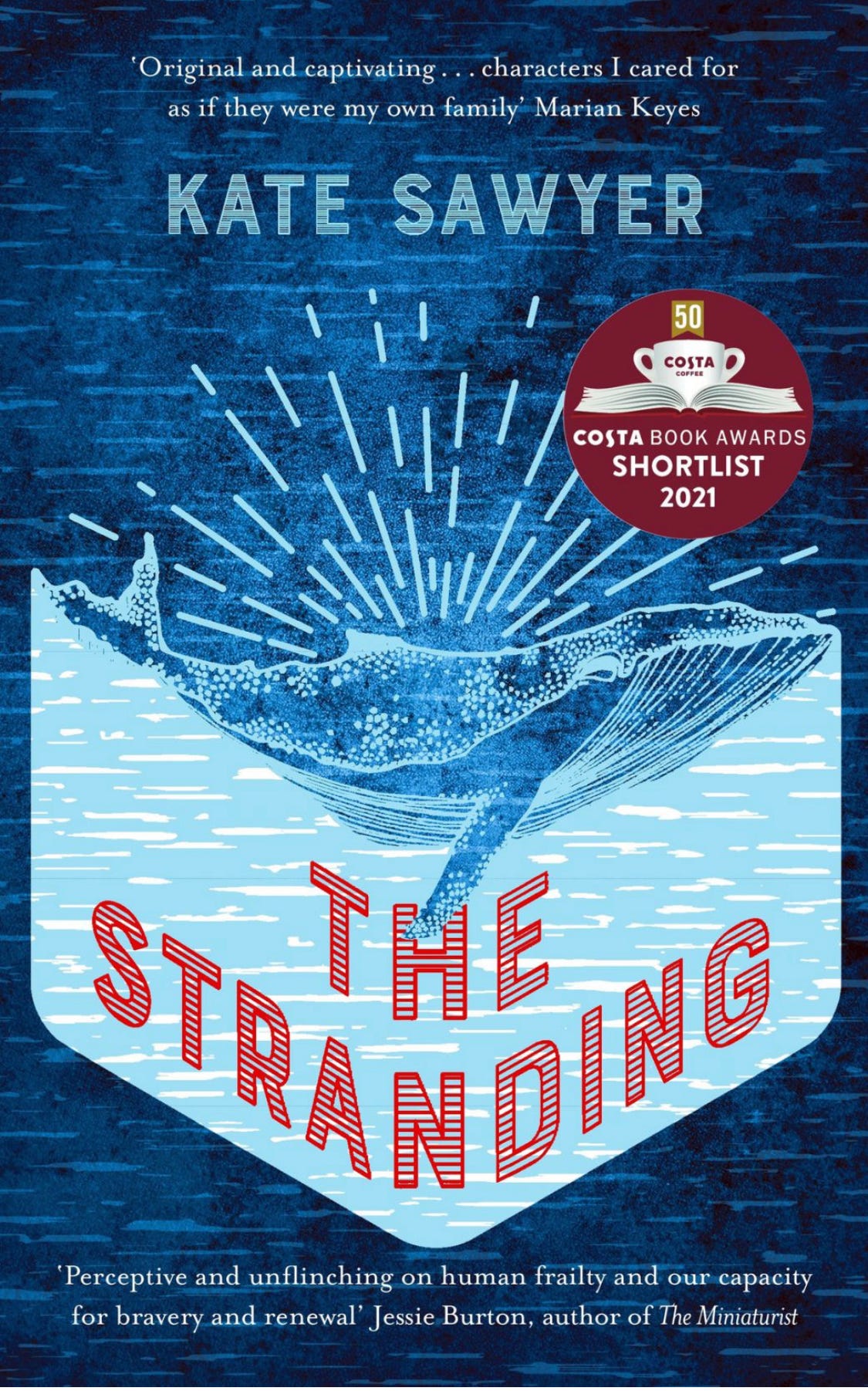
• To find out more about Kate you can visit here.

